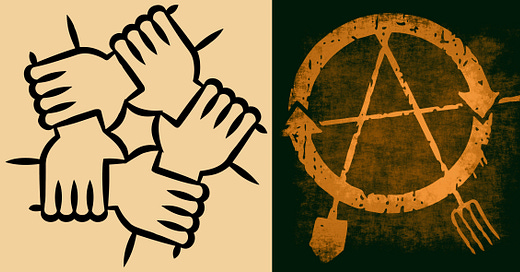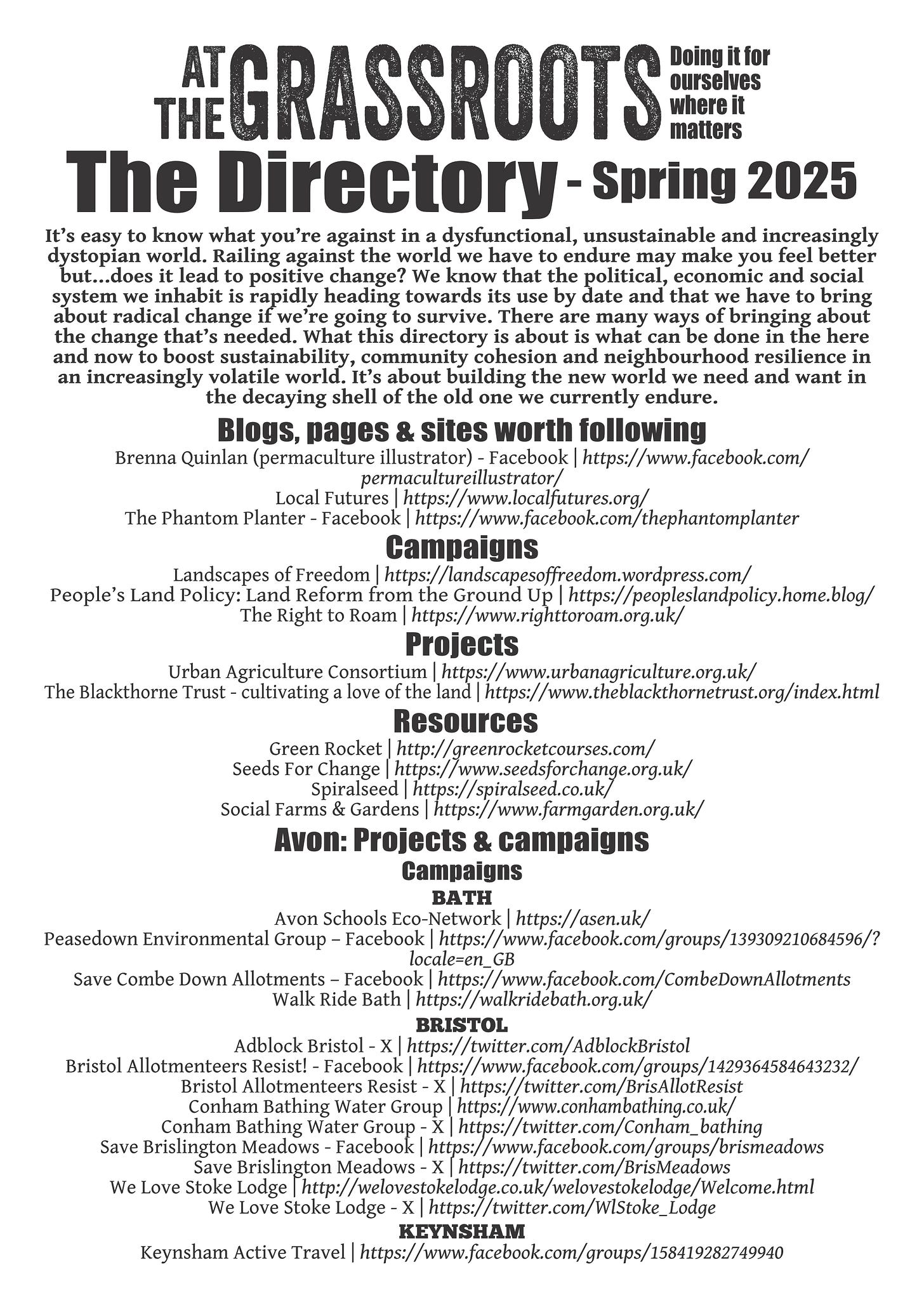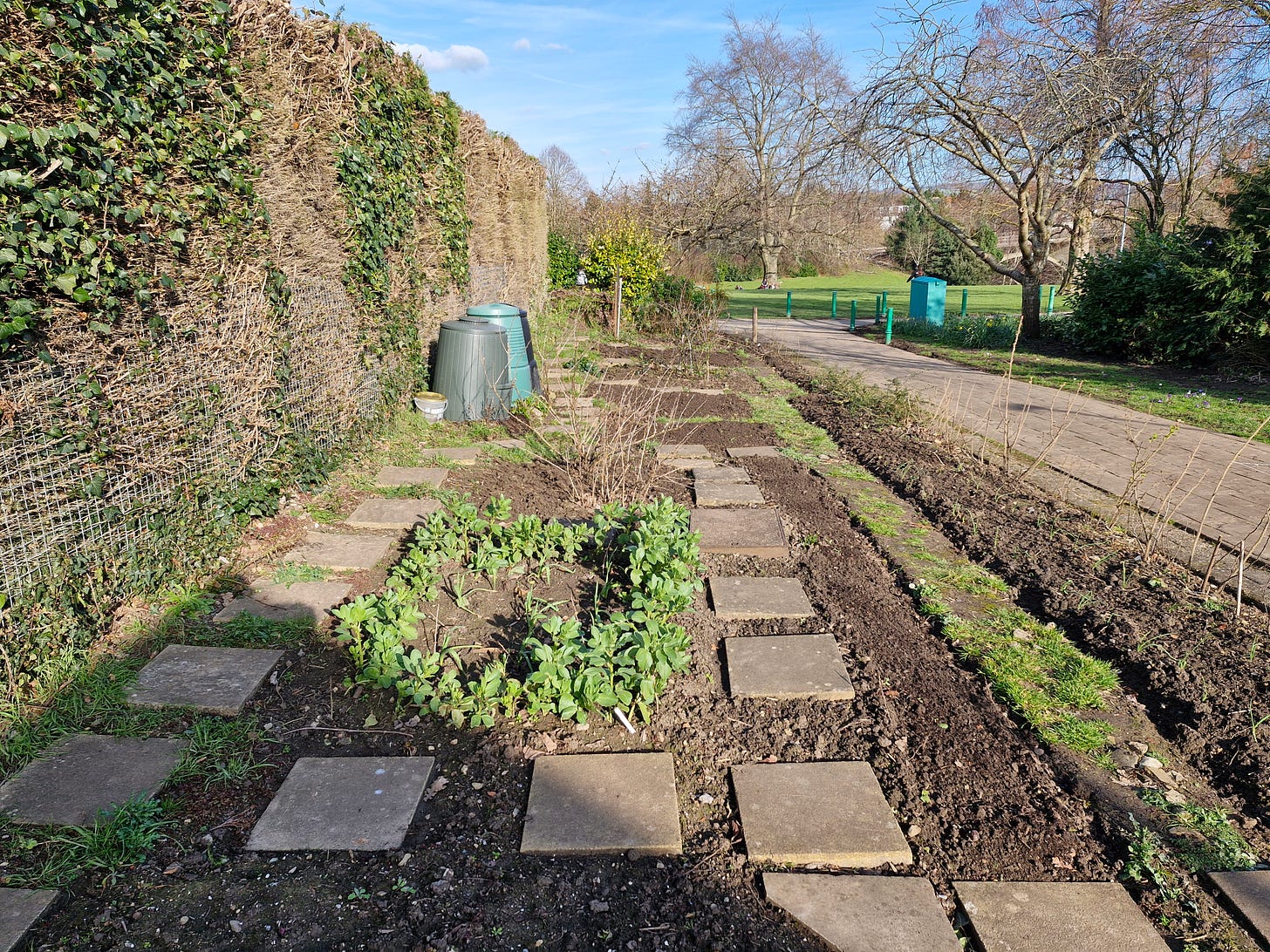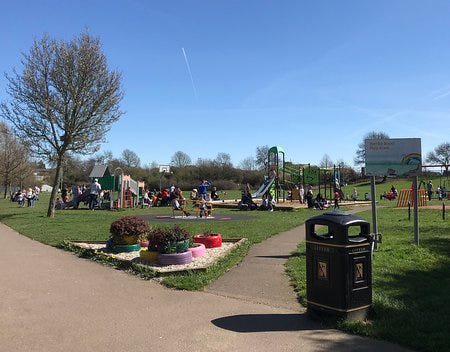To create genuine social change, you have to build from the grassroots upwards. That could sound like a daunting task but, it isn’t. Let us explain…
Take a look at where you live and think about the number of voluntary groups there are doing what they can to make where they’re based better places to live. Now think about what those places would be like if every single volunteer quit and all of these projects packed up. We’re talking about everything from grassroots football and other sports clubs, organising local music festivals through to litter picking, community gardens and food banks to name just a few. Life would be infinitely poorer without volunteers selflessly putting in their time and energy to keep all of this going.
People volunteer because they want their communities to be better places to live. Working co-operatively with like minded people, they get a heck of a lot done. In the process they generate community solidarity and cohesion – something that’s vital in these increasingly troubled times. It’s human nature to want to work co-operatively to make things better. Volunteering in the community is a clear indication of that constructive, co-operative spirit. What all of this goes to show is that the building blocks for a better world are already in place where we live.
On this blog, we have this page: The Directory. Basically, it lists a range of resources, grassroots projects and campaigns. Many of which would not exist if it wasn't for people giving up their spare time. The listings range from community groups in deprived neighbourhoods doing what they can to plug the gaping holes left by a failing state through to community gardens where people are taking active steps to ensure their food security. In other words, they range from the reactive through to the prefigurative.
Prefigurative politics are the modes of organization and social relationships that strive to reflect the future society being sought by the group. According to Carl Boggs, who coined the term, the desire is to embody “within the ongoing political practice of a movement […] those forms of social relations, decision-making, culture, and human experience that are the ultimate goal”.[1] Prefigurativism is the attempt to enact prefigurative politics.
Most people would rather not have to do the reactive stuff. However, when it feels like your neighbourhood has effectively been abandoned, residents are left with little choice but to roll up their sleeves and do what they can to plug the gaps. Even in dire circumstances such as this, there are pluses in that a sense of community solidarity is being built and people are being empowered as they learn the skills necessary to run a project meeting the needs of the neighbourhood. A bonus can be that they start to question the political, economic and social system that has left them in the shite.
That's the serious reactive stuff. There are other reactive projects which are more about amenity than anything else. One example is community litter picking. We're involved in a community litter picking project where we live in Keynsham. We litter pick the lane we live on. We also help with litter picking at the big events in the town such as the winter festival and the summer music festival. On top of this, we get involved with wider, regional litter picking and cleaning up initiatives such as the Great Avon River Pick which is taking place on Saturday 29.3.
The community allotment in Keynsham Memorial Park
We much prefer the prefigurative projects that actively seek to start building the new world we want in the decaying shell of the one we currently have to endure. These are the kind of projects that sketch out the kind of world that's possible if we collectively work together. That's why we give our time to the Community Plot In The Park in Keynsham. It's a community allotment that aims to show it's possible to take some degree of control over our food supply by growing our own.
Then there are reactive projects that end up as prefigurative. The one that springs to mind is Hardie Park in Stanford-le-Hope in Thurrock where we used to live. Back in the 2000s, it was run down, a magnet for anti-social behaviour and a place residents went out of their way to avoid. A few years later, residents fed up with the continuing neglect of the park by Thurrock Council took matters into their own hands and organised a few litter picks. They had a positive response from the community and from that point things developed to the point where now, the park is run by the residents.
Hardie Park in Stanford-le-Hope
The transformation from a no go area to a park with a cafe, meeting rooms, lovingly tended flower beds and a vegetable garden is an example of what determined locals who care about their community can achieve. Hardie Park is now a destination and a much loved community asset thanks to the dedication of many local volunteers. As former volunteers, we saw at first hand how empowering it was for those who got stuck into the work of creating what the park is today. That's why we would describe what it's doing as prefigurative.
To conclude, by getting involved in grassroots projects, not only are immediate needs being met, people are also empowering themselves by learning new skills. By working on a grassroots project, people are forming bonds with each other and building the community solidarity we need in these increasingly troubled times. Empowerment and community solidarity have the potential to be a potent combination. A combination that as the system slowly crumbles and becomes more dysfunctional, will increasingly become vital, not just to get us through whatever crises are coming our way, but also to lay the foundations for the new world we want to see.
That’s what the At the Grassroots project is about. It’s about empowering people to bring about fundamental change and build a better world in the process. When you start talking about bringing power back down to the level of the neighbourhood where we can all be accountable to each other and take it away from the elites, you’re making a fundamental challenge to the status quo. Challenging the status quo is a serious business. That is why At the Grassroots is NOT a fluffy project in any way, shape or form!









We cannot realistically build anything that will not be destroyed by order followers until enough of us understand the natural law of freedom:
Objective morality in the aggregate = Freedom